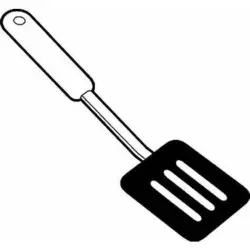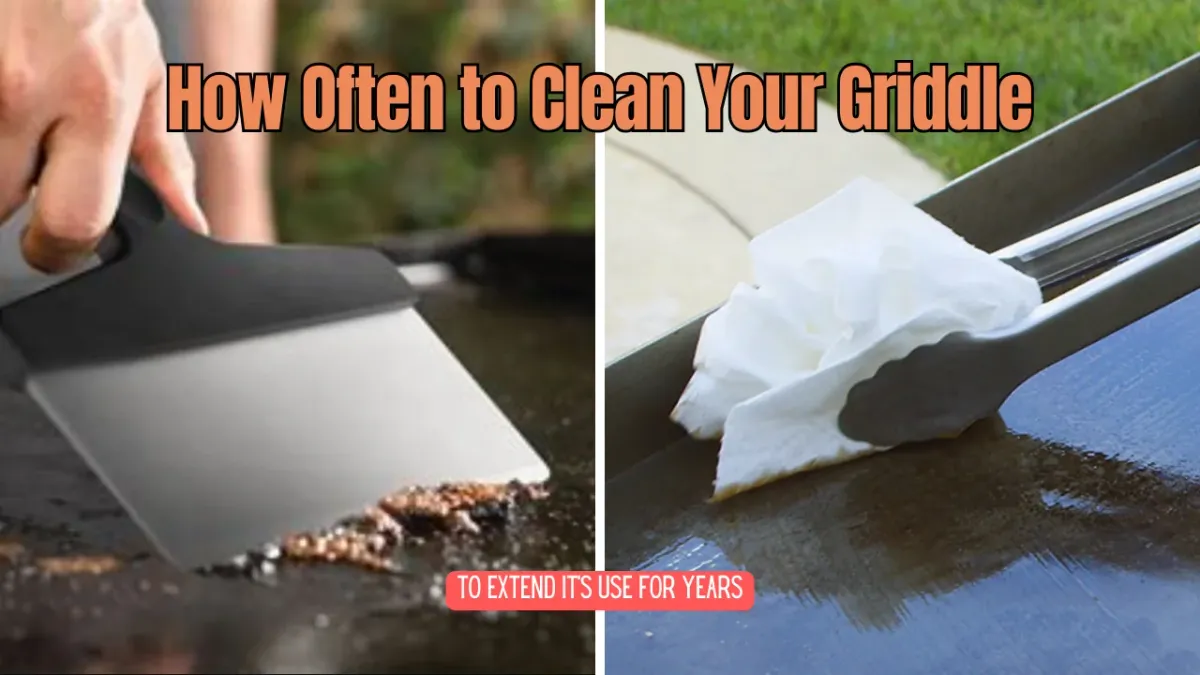Cooking on a griddle has become a popular method for preparing a variety of foods, from pancakes and eggs to veggies and meats. Whether you're using a camping griddle in the great outdoors or a flat grilling surface in your kitchen, the convenience and flavor that a griddle can bring to your cooking are undeniable. However, many people wonder about the health implications of using a griddle for cooking. This article explores whether cooking on a griddle is bad for you, focusing on the health aspects and providing practical insights.
Key Takeaways:
- Health Impact of Cooking Methods: Understand how different cooking methods, including griddle cooking, affect the nutritional value of food.
- Comparison with Other Cooking Techniques: Learn how griddle cooking compares to other methods like open flame cooking or using a traditional stove.
- Tips for Healthier Griddle Cooking: Discover strategies to make your griddle cooking healthier without sacrificing flavor.

Understanding Griddle Cooking
Griddle cooking involves using a flat surface to cook food, which can be powered by electricity or placed over a fire or stove. The surface heats up and cooks the food directly, allowing you to control the temperature more evenly than cooking over coals or an open flame. This method is particularly popular for foods that need to be flipped, such as pancakes, burgers, and bacon.
The primary concern with griddle cooking arises from the type of heat used and the potential for creating harmful compounds like polycyclic aromatic hydrocarbons (PAHs), which are more commonly associated with grilling over an open flame. However, because griddle surfaces typically do not generate smoke, the risk of forming these harmful compounds is lower.

Comparing Griddle Cooking to Other Methods
When comparing griddle cooking to other methods such as grilling or frying, it's important to consider how the cooking medium affects the healthfulness of the food. Grilling, especially over an open flame, can cause fats from the meat to drip onto the fire, creating smoke that contains PAHs and can adhere back to the food.
In contrast, griddle cooking allows fat to be managed more effectively. Excess grease can be wiped off, reducing the amount of fat that ends up on your plate. Additionally, the even cooking surface reduces the risk of overcooking or charring, which can also lead to the formation of harmful compounds.
Health Benefits of Griddle Cooking
Cooking on a griddle can be healthier than other methods if done correctly. The flat surface allows for even heat distribution, which helps in cooking food thoroughly without the need for excessive oil. This can be particularly beneficial for cooking leaner cuts of meat, vegetables, and even fruits.
Moreover, the ability to control the temperature on a griddle helps in preventing the burning or charring of food, which not only preserves the flavor but also minimizes the formation of harmful compounds. Using minimal oil also means that the food retains more of its natural flavors and nutrients.
Tips for Healthier Griddle Cooking
To maximize the health benefits of griddle cooking, consider the following tips:
- Use Healthy Oils: Opt for oils with a high smoke point, like avocado or coconut oil, which do not break down easily at high temperatures.
- Avoid Overcrowding: Give your food plenty of space on the griddle. Overcrowding can lead to steam accumulation, which might cause boiling instead of grilling.
- Preheat the Griddle: Always preheat the griddle before adding food. This ensures a quick sear and helps to lock in flavors and juices.
Choosing the Right Griddle
The material of the griddle can also impact your cooking. Cast iron griddles retain heat well and can contribute to iron intake, while non-stick surfaces make cleanup easier but may release harmful chemicals if overheated. Choose a griddle that suits your cooking style and health preferences.

Summary
Cooking on a griddle is not inherently bad for you. In fact, it can be a healthier alternative to other cooking methods like frying or grilling over an open flame. By controlling the temperature and using minimal oil, griddle cooking can help preserve the nutritional quality of food while minimizing harmful compounds. Choosing the right griddle and adopting healthy cooking practices can enhance the benefits further.

FAQs
Can griddle cooking be considered a healthy cooking method?
Yes, griddle cooking can be healthier than other methods such as deep frying or open flame grilling, as it allows for better fat management and less formation of harmful compounds.
What are the best foods to cook on a griddle?
Griddles are great for cooking a wide range of foods, including pancakes, eggs, vegetables, burgers, and even delicate fish, as they provide even heat and easy flipping.
How can I make griddle cooking even healthier?
To make griddle cooking healthier, use minimal amounts of healthy oils, avoid overcrowding the griddle, and ensure it is preheated before cooking to prevent sticking and overcooking.
Related articles:











